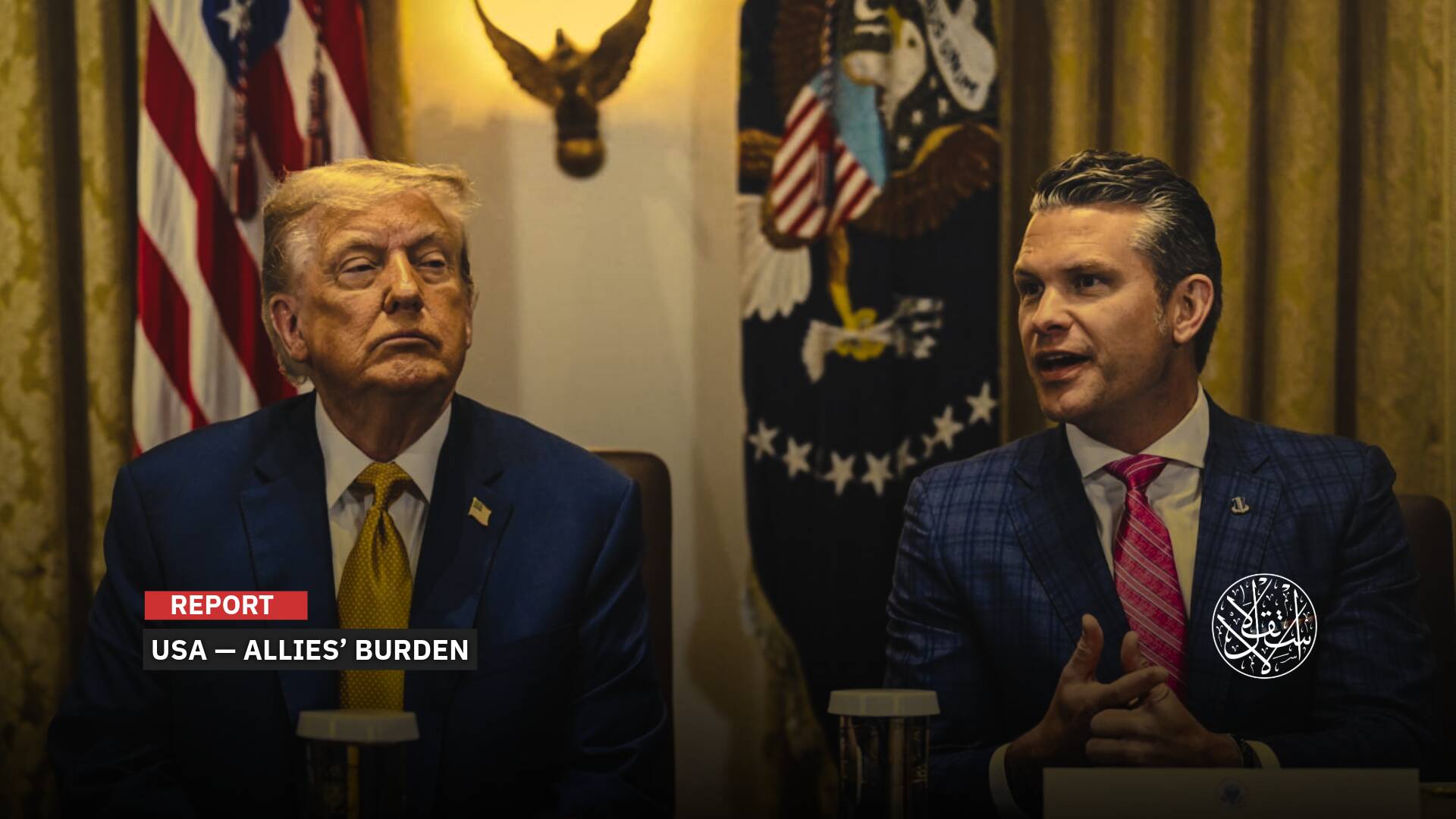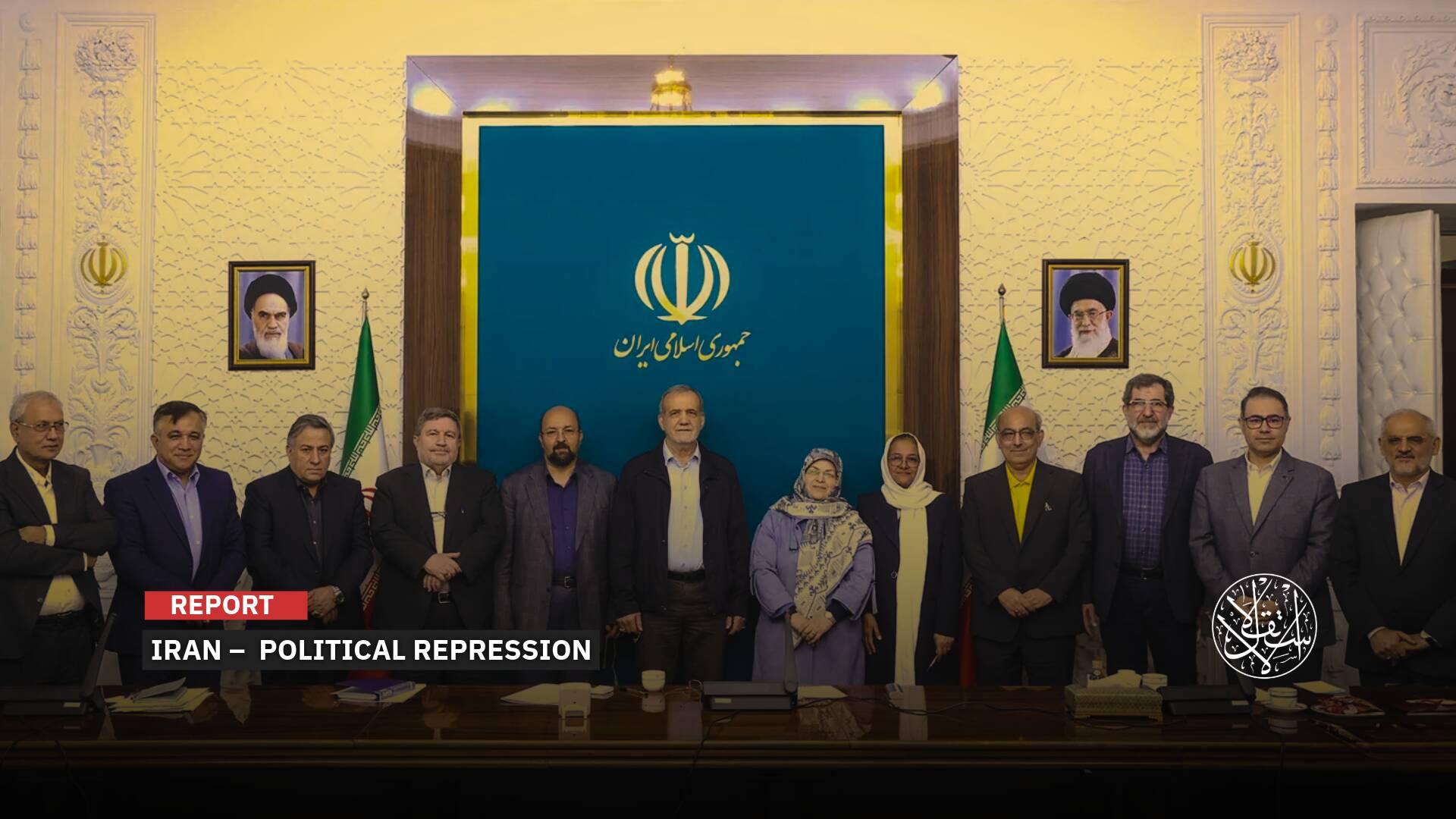Risky Gamble: How Mark Zuckerberg Tries to Make Peace with Donald Trump

“Zuckerberg’s Meta donated $1 million to Trump's inauguration fund months ago.”
In January 2021, Meta suspended former President Donald Trump’s Facebook account after the Capitol riot, calling his actions an incitement to violence.
But four years later, the tone has changed dramatically, with Meta CEO Mark Zuckerberg declaring Trump’s election victory a cultural turning point and terminating the work of fact-checkers, whom he accused of destroying public trust.
With Trump back in the White House and the Republican Party poised to take control of both houses of Congress, Zuckerberg finds himself facing an urgent need to build bridges with these rising political forces.
Conservatives immediately welcomed Meta's changes while others warned this radical shift in Meta’s policy opens the door to a flood of misinformation and election interference.
In November 2024, Zuckerberg had dinner with Trump at Mar-a-Lago, donated $1 million to his inauguration fund, and appointed a number of his allies to key positions at the company.
Political Pressure
During Donald Trump’s first term in office, the Republican president repeatedly accused social media platforms, particularly Facebook, of stifling free speech and favoring liberal agendas.
These tensions came to a head in the 2020 US presidential election, when Trump accused Facebook of stifling his campaign.
In March 2023, Meta’s stock fell sharply after Trump called CNBC to describe Facebook as an enemy of the people.
Observers say that Mark Zuckerberg does not want to be subjected to similar attacks, nor does he want to be left out of the decision-making rooms where rivals like X owner Elon Musk make decisions about the future of technology.
After years of strained relations, Zuckerberg has recently begun taking moves to improve relations with Trump and his allies.
One of the most notable moves was the appointment of Joel Kaplan, the most prominent Republican lobbyist for the company, as Meta’s global head of public affairs.
Kaplan has been actively involved in crafting the new changes, with a focus on deepening ties with the incoming Trump administration.
Perhaps the most recent move was the appointment of Trump ally and Ultimate Fighting Championship boss Dana White to its board of directors.
White, one of the most influential figures in sports and entertainment, was an outspoken supporter of Trump during his recent presidential campaign, even appearing in Trump’s first TikTok video, helping to boost the former president’s image among younger voters.
White’s appointment to Meta’s board is a smart move by Zuckerberg, as it not only strengthens ties with Trump but also adds a figure with extensive experience in brand building and entertainment.
The move is not only an attempt to address the political pressures that Trump has been exerting due to Meta’s bad history with him, but Meta sees it as a strategy to strengthen the company’s position in the midst of the changing political and technological landscape.
Radical Changes
The day after Dana White was appointed to Meta’s board of directors, Mark Zuckerberg appeared in a video to announce radical changes to the company’s policies.
He began his remarks with an explicit criticism of Meta’s content moderation process, which he described as highly politically biased and that it had damaged trust more than it had helped build it, especially in the United States.
He also noted that governments and traditional media played a pivotal role in imposing increasing censorship on content, which prompted him to adopt a new strategy aimed at promoting freedom of expression.
He announced that Meta would launch a new product called ‘Community Notes’, a system similar to what the X platform offers, which enables users to evaluate the accuracy of posts and provide additional context instead of relying on external moderators.
Zuckerberg stressed that the recent US elections represented a cultural turning point that restored the priority of freedom of expression.
“The company would stop imposing strict restrictions on some controversial topics, including posts related to immigrants and gender,” he added.
He also revealed that Meta’s trust, safety and monitoring teams were being moved from its generally progressive California headquarters to the conservative state of Texas, in a move aimed at alleviating concerns about employee bias.
Reuters quoted the Semaphore news website as saying that an informed source reported that Zuckerberg met with Trump at the Mar-a-Lago resort on January 10.
Technical analyst Amin Kamel told Al-Estiklal that “Zuckerberg’s submission to Trump could benefit both parties: on the one hand, Trump gets the support of another tech mogul other than Elon Musk, which strengthens his position in the face of any challenges that may arise from within his support base or from his political opponents.”
“On the other hand, Zuckerberg benefits from strengthening his relationship with Trump, especially in light of the rise of the digital system and his unprecedented entry into the political arena,” he added.
Mr. Kamel concluded that “this new relationship could provide Meta with political protection at a time when major tech companies accused of being liberal may witness more scrutiny and bad luck.”

Concerns and Harms
Meta’s new decisions, which appeared to be an attempt to appease the incoming Trump administration, have drawn mixed reactions.
While the changes were welcomed by Trump and conservatives, President Joe Biden called them shameful, sparking concern in several countries, as well as the United Nations and the Council of Europe.
Some, including political and technical analysts, saw them as a statement of surrender by Zuckerberg and a clear abandonment of the liberal values long associated with Meta.
Fact-checking groups and human rights organizations have also expressed concerns that these policies will lead to increased harassment online.
“Meta’s decision could have serious financial implications for fact-checking organizations,” said Angie Hollan, director of the International Fact-Checking Network, which includes more than 170 organizations around the world.
Clara Jimenez Cruz, president of the European Fact-checking Standards Network, said the group’s decision appeared to be more politically motivated than evidence-based.
Inside Meta, employees were divided between those who welcomed the changes and those who were highly critical.
On internal message boards, some employees expressed shame about being part of the company, while others announced their intention to look for new jobs.

In a move that sparked further controversy, the company eliminated its diverse slate hiring approach and the disbanding of its diversity, equity and inclusion (DEI) programs team.
Shortly after the announcement, its vice president of civil rights and deputy general counsel, Roy Austin, announced his resignation.
Among the changes Meta made to its policies was changing the definition of hate speech to hateful behavior, while reducing the company’s role in content moderation.
In addition, it lifted the ban on some controversial claims, and allowed the publication of statements expressing hatred against certain races, religions, or sexual orientations in the name of promoting political debate.












